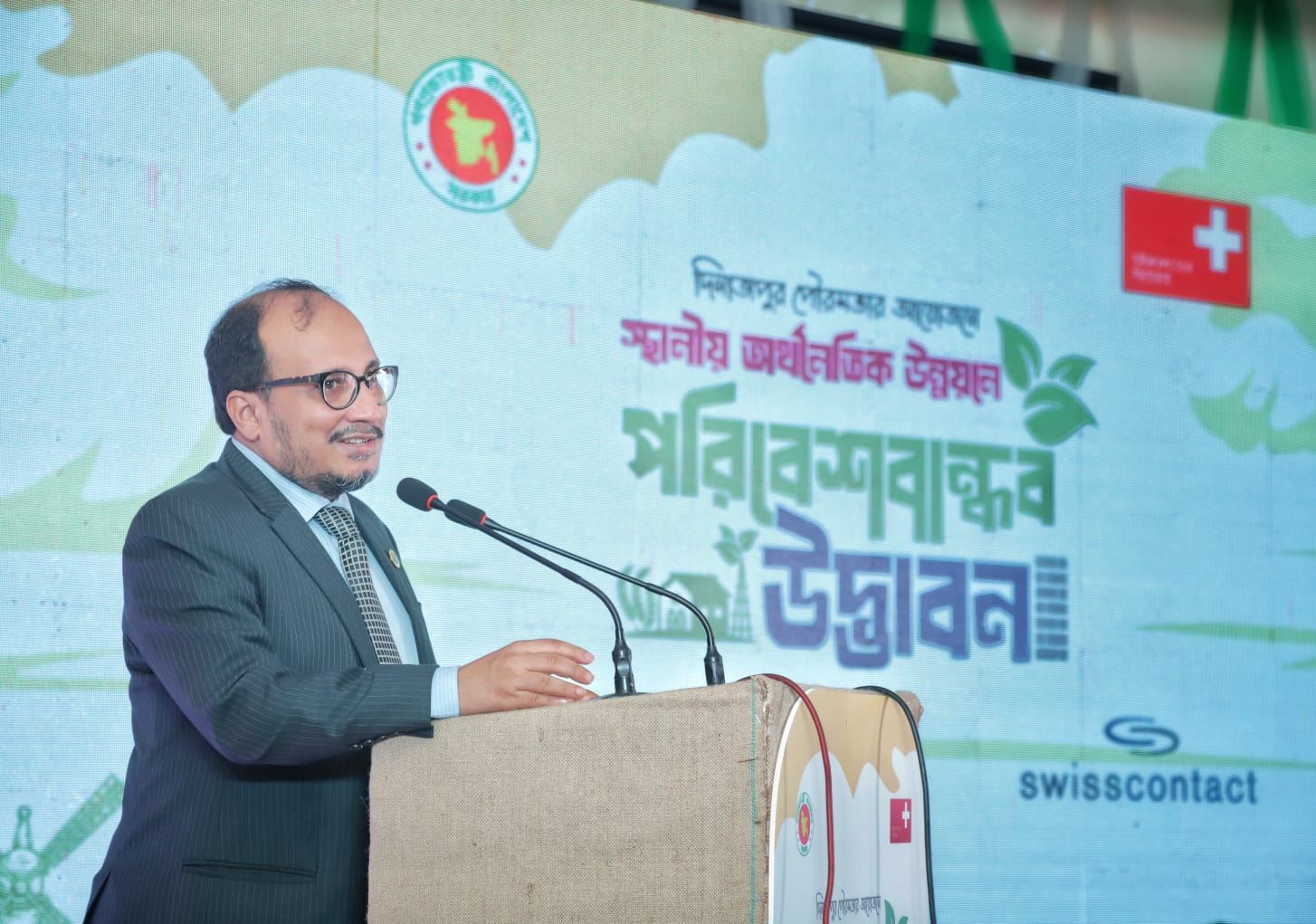
Prime Minister Sheikh Hasina. COURTESY
Prime Minister Sheikh Hasina on Wednesday sought the G20 (Group of Twenty) nations’ “key role” in stopping global carbon emission and simultaneously called for “strict implementation” of the Paris Agreement to save the planet from the adverse impacts of climate change.
While delivering her recorded statement aired on the inaugural day of the two-day “Foreign Policy Virtual Climate Summit”, the prime also put emphasis on undertaking united efforts by all countries of the world to get rid of the deadly Covid-19 virus.
“Climate change is not boundary-specific … if one country emits, every country is affected. So, every country would have to play its (due) role. However, the rich countries, especially the G20 nations, should play the main role in halting the global (carbon) emission,” she said.
Sheikh Hasina opined that strict execution of the Paris Agreement is the only way to check global carbon emission and thereby global warming.
“The time to take action to save the planet is not tomorrow, but on Wednesday,” she said.
The prime minister said that the bottom 100 countries account for just 3.5 percent of the global (carbon) emission whereas the G20 countries are responsible for 80 percent.
Sheikh Hasina, however, praised the return of the United States to Paris Agreement. “It’s good news that USA has returned to the Paris Agreement … we appreciate US President Joe Biden’s decision and also holding of the Leaders’ Summit on Climate last week,” she said.
The premier mentioned that in the Paris Agreement, international community has pledged to form a US$ 100 billion fund each year for adaptation and mitigation purposes.
While talking about the ongoing coronavirus pandemic, Sheikh Hasina said that the entire world is passing through a tough time with Covid-19 pandemic claiming a large number of lives and infecting hundreds of thousands more every day.
“We need united efforts to get rid of the deadly virus,” she opined.
Mentioning that after Covid-19, the most discussed subject of the time perhaps is the climate change, the prime minister said the issue has now become a huge threat for every country, especially for the climate vulnerable countries like Bangladesh.
Sheikh Hasina said that the global temperature is rising and there is no doubt about it. “This temperature-rise is the main culprit of all ills … the continuous rise of global temperature is the most pressing concern for the human kind,” she said.
The premier said in the Paris Climate Accord, the international community has agreed not to allow the global temperature to rise above 1.5 degree Celsius. “But nothing substantial has so far been done to check the emission of green house gases which are responsible for the temperature rise,” she said.
Sheikh Hasina said countries like Bangladesh have been experiencing increased frequencies and ferocities of various natural calamities like flood, drought, tidal surge, nor’wester, lightning etc. “Currently heat wave is sweeping over my country,” she said.
Stating that last year Bangladesh witnessed heavy monsoon that submerged one-third of its area, she said several cyclones, including super cyclone Amphan, also hit the country last year and all these phenomena are due to climate change.
The prime minister said that Bangladesh is not an emitter, and in fact no member country of Climate Vulnerable Forum (CVF) is significant emitter.
“But we’re the worst sufferers. Every year 2% of my country’s GDP is lost to extreme climate events,” she continued.
On the Rohingya issue, Sheikh Hasina said that Bangladesh has given shelter to over 1.1 million forcibly-evicted Myanmar citizens in the environmentally-critical Cox’s Bazar district on humanitarian grounds. “But it heavily affected the ecology of the area,” she said
Noting that the CVF countries are at the forefront of climate adaptation, the prime minister said that Bangladesh is the first Least Developed Country (LDC) to establish a Climate Change Trust Fund.
“So far, we spent over US$ 415 million from our own resources to implement over 800 mitigation and adaptation programmes,” she said.
Sheikh Hasina said Bangladesh Parliament adopted a motion in 2019 declaring the current state of climate vulnerability as a planetary emergency.
“We’re planting 30 million saplings and launched a program called ‘Mujib Climate Prosperity Plan’ marking the birth centenary of our Father of the Nation Bangabandhu Sheikh Mujibur Rahman,” she said.
The premier said Bangladesh is spending on an average 2.5% of its GDP equivalent to US$ 5 billion each year in climate adaptation and resilience-building.
“We’ve built 12,000 cyclone shelters and 2 hundred thousand hectares of coastal green belts,” she informed.
Sheikh Hasina said Bangladeshi scientists have invented salinity and flood-tolerant crops, rain reservoirs and pond-sand-filters, floating agriculture technology and mobile water treatment plants for the coastal people.
The prime minister said that provisions of water bodies and tree plantation are ensured while implementing any project. “We’re creating artificial mangrove forests in the chars and shoals of coastal districts,” she said.
Sheikh Hasina noted that her government is constructing cyclone-resistant houses for the poor in the cyclone-prone areas.
“For preserving water and increasing navigability, we’re dredging rivers and canals throughout the country,” she continued.
Reffering to setting up of South Asian Regional Office of Global Center on Adaptation in Dhaka, the premier said the centre is working on disseminating local-based innovative adaptation practices.












0 Comments